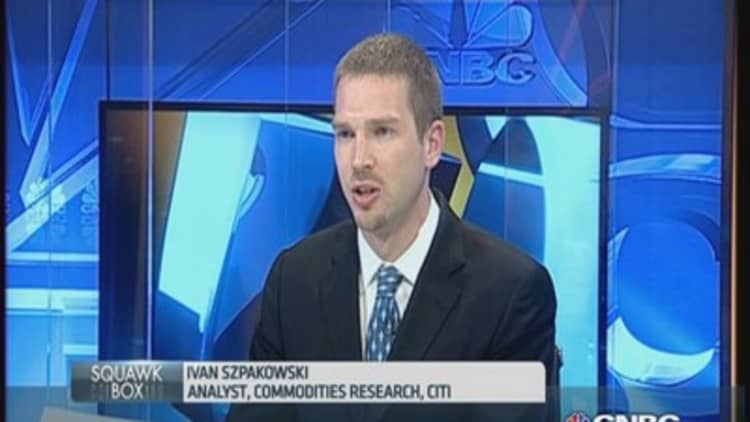With the Christmas holiday approaching, the economic data calendar has started to lighten, but investors still have plenty to mull over as oil prices continue to fluctuate. In Asia, a flurry of monthly indicators from Japan could provide some insight into the state of the world's third largest economy.
Nippon health check
In Japan, inflation, household spending, jobs numbers and retail sales for the month of November are scheduled for release ahead of trade opening on Friday.
A Reuters poll of 26 economists forecast the nationwide core consumer price index (CPI) – which excludes volatile food prices – to rise 2.7 percent in November from a year ago, a tick lower than 2.9 percent in October. However, if adjusted for an increase in the sales tax hike that took effect in the second quarter, core consumer prices likely rose 0.7 percent on-year, below October's 0.9 percent rise and well below the 2 percent target the Bank of Japan (BOJ) aims to achieve by April 2015, according to the poll.
Read MoreNikkei to go from 'ho-hum' to 'home run' in 2015
Household spending could decline for an eighth straight month, but the expected fall of 3.8 percent on-year will be an improvement from October's 4 percent tumble. However, month-on-month, spending is expected to increase 0.2 percent, down from a 0.9 percent rise in the previous month, the poll found.
Meanwhile, retail sales could rise 1.1 percent on year, slower than October's 1.4 percent increase, the poll found.
"Japan's November data will show the economy continues to underperform," analysts from Moody's Analytics wrote in a note. "Workers' household expenditure has been flat to slightly negative since the consumption tax increase on April 1. Real incomes are falling and sentiment remains depressed."

How long will oil keep falling?
The relentless slide in the price of crude oil - about 45 per cent since June - is good news for many, with petrol getting cheaper at the pumps and airlines welcoming big savings in jet fuel expenses.
However, the dive in prices has been a major drag on markets as some investors worry that sliding demand for oil reflects a weakening world economy. Last week, global markets took a battering early in the week, along with a tumble in the currencies of oil-dependent nations, such as Russia and Malaysia. The Indonesian rupiah and Indian rupee also fell to multi-year lows amid rising concerns over global growth and alarm over a brewing financial crisis in Russia.
"When you look at almost all industrialized commodities, they have been falling. A reasonable question to ask is: Instead of celebrating the benefits of lower oil prices, should we be more concerned about why there is a collective fall and [does that translate] into a demand question?" Joe Magyer, senior advisor at The Motley Fool, told CNBC Asia's "Squawk Box."
U.S. crude futures rose to near $57.50 a barrel in early Asian trade on Monday, extending gains in the previous session helped by profit-taking on short positions, but the rise was capped by Saudi Arabia saying it would not cut output to prop up markets. Brent crude for February delivery also gained 20 cents a barrel at $61.58.

